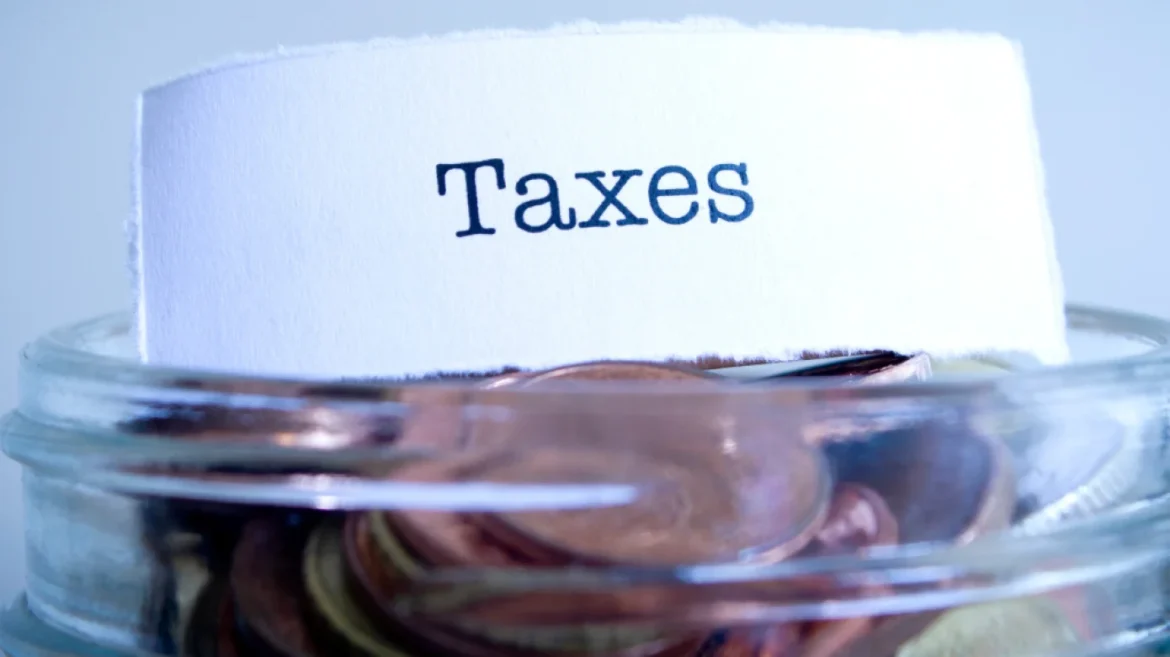The UK’s fiscal strategy faces an essential test, a financial think tank has warned that taxes ought to grow to fulfill the government’s borrowing regulations. According to the National Institute of Economic and Social Research (NIESR), the United Kingdom authorities are heading in the right direction to fall quickly by £41.2 billion in its efforts to stabilize the finances. This hole may be bridged via a “slight but sustained boom in taxes,” the think tank indicates, alongside reforms to the council tax system.
Table of Contents
ToggleWhy Does the United Kingdom Face a £41.2 billion Shortfall?
NIESR factors out that the UK is prone to missing its monetary objectives because of the recent economic slowdown. Lower growth fees have reduced government sales from taxes, even as rising borrowing prices have compounded the situation. The government’s monetary regulations, which require everyday spending to be protected by way of tax income, are actually under scrutiny. The £41.2 billion hole highlights the difficulty of assembling those policies without imposing new taxes or decreasing public spending. Here is the link to our article on Taxes Impacting Confidence
What Actions Are Needed to Fix the Budget Gap?
To address this shortfall, NIESR recommends raising taxes and reforming the council tax system. By increasing taxes, the authorities should create a monetary buffer that might reassure buyers approximately the United Kingdom’s fiscal stability. This, in turn, could lessen borrowing costs for the government. However, NIESR also recognizes that decreasing welfare spending or reducing lower back on public funding might be essential to meet these objectives.
Can the Government Avoid Raising Taxes?
Chancellor Rachel Reeves had initially promised no longer to raise taxes similarly. However, following disappointing economic data, she has hinted that taxes may additionally need to rise in the upcoming budget. The authorities keeps stressing that monetary increase is the pleasant manner to bolster public price range. However, critics argue that rising taxes have become inevitable to fulfill the government’s financial commitments. Here is the link to our article on the Tax Proposal Divide
Will Welfare Spending Cuts Help Balance the Budget?
In its analysis, NIESR shows that the government can also remember dashing up welfare reforms, aiming to help those on benefits go back to work more quickly. This method should probably reduce welfare fees, alleviating some of the financial pressure. However, those reforms might also face political resistance, especially inside the Labour Party, wherein the reversal of welfare cuts has already had an effect on the budget.
How Can the United Kingdom Boost Economic Growth?
To assist public finances in the long term, NIESR emphasizes the need for rules that stimulate financial growth and productivity. According to the think tank, dwelling requirements for the poorest 10% of the population at the moment are substantially lower than they had been earlier before the COVID-19 pandemic. Additionally, the UK’s economic system is projected to develop modestly, with an envisioned increase ff 1.3% in 2025 and 1.2% in 2026. To boost the increase, NIESR shows that the authorities’ attention is on improving productivity across sectors.
What Is the Outlook for Inflation and Economic Growth?
Inflation remains a key task for the United Kingdom’s economy. NIESR forecasts inflation will continue to be stubbornly excessive, at three.5% in 2023 and 3% in 2024. This chronic inflation price, at the side of geopolitical risks and change uncertainties, will continue to weigh on monetary overall performance. Despite these demanding situations, NIESR initiatives suggest that the United Kingdom will nonetheless be one of the high-rating economies in the G7 by 2026.
Final Thoughts on the Future of Taxes in the UK
The debate over raising taxes to fulfill fiscal targets is turning into an increasing number of urgent issues. While the authorities have expressed a dedication to developing the economic system, the £forty one. A 2 billion shortfall and mounting monetary pressures recommend that taxes will in all likelihood need to increase. The priority has to be to ensure economic stability with the protection of public services that aid the most vulnerable individuals of society.


